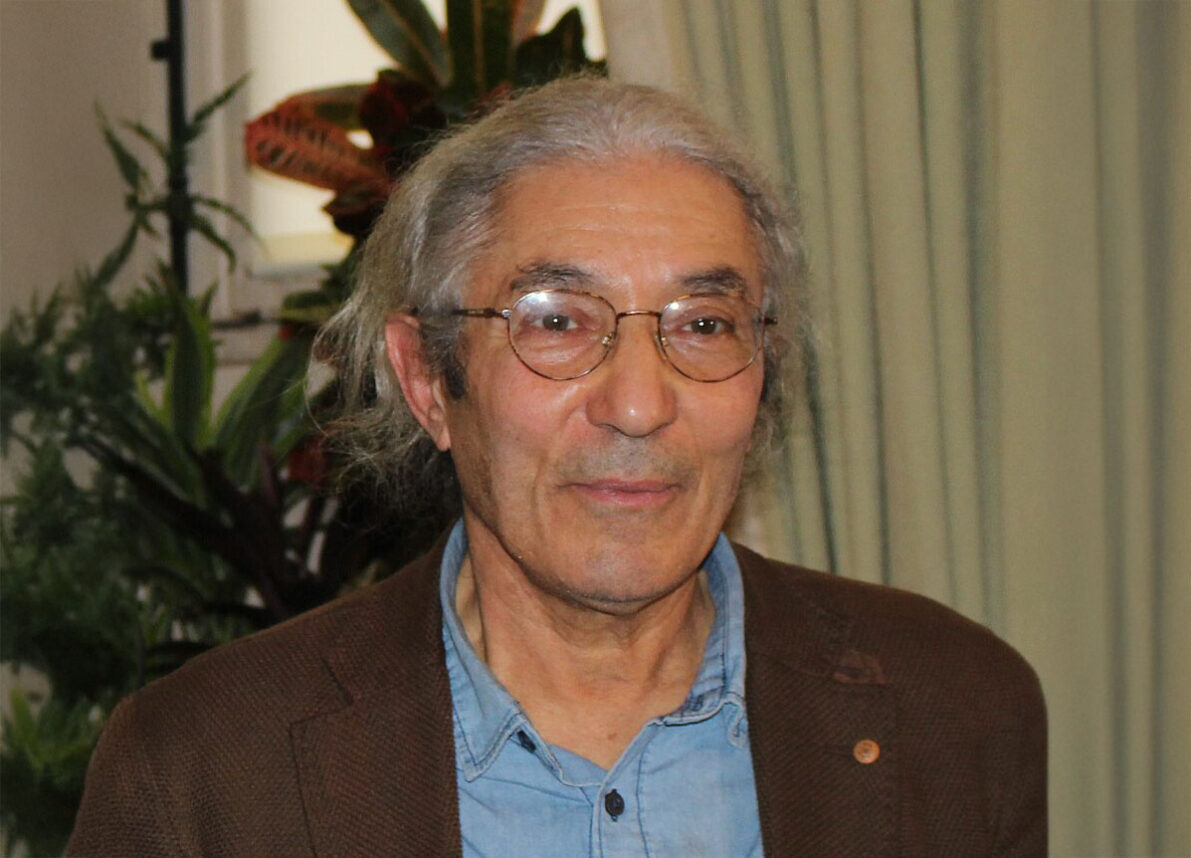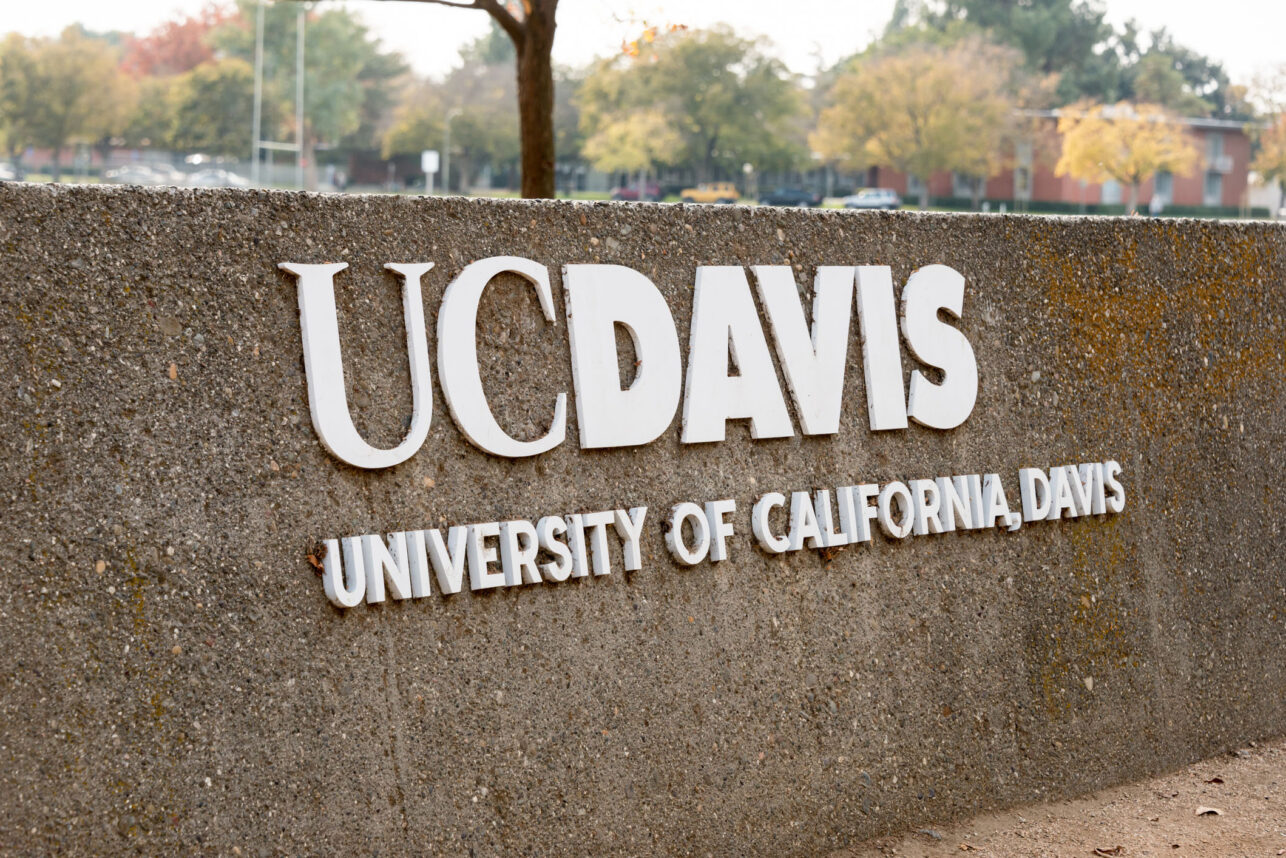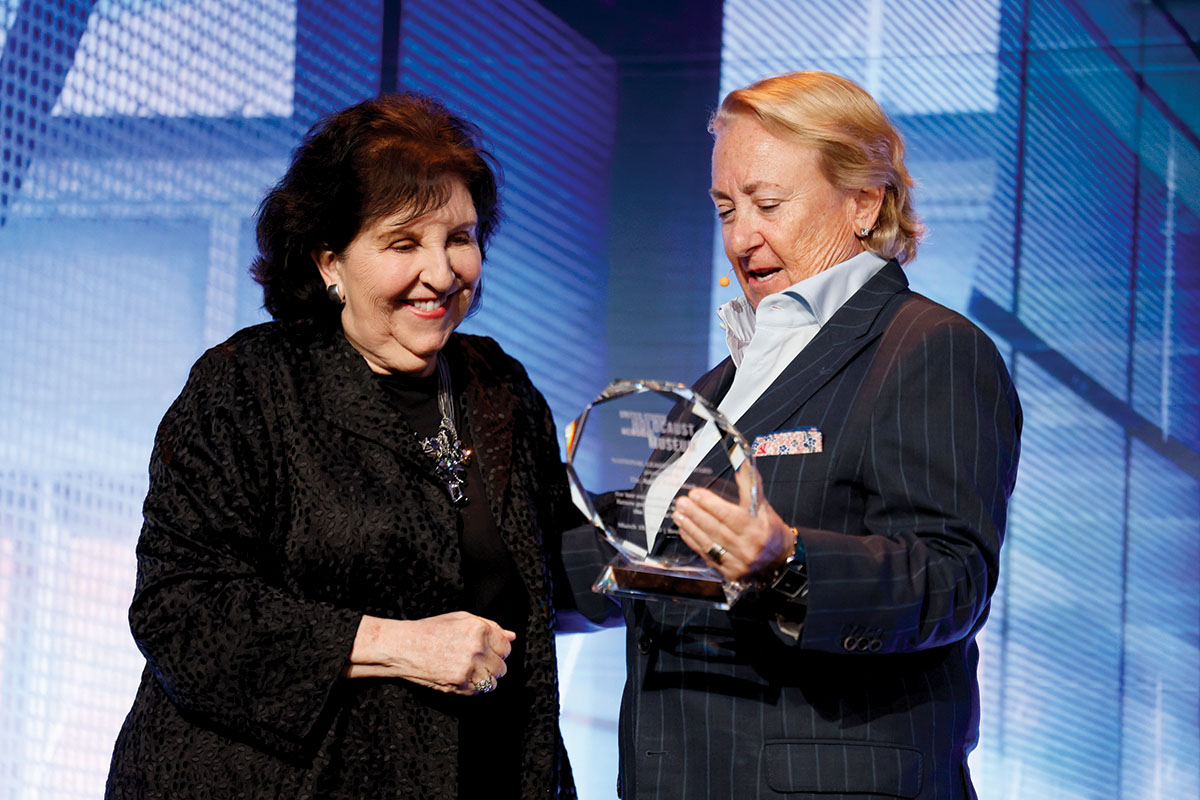Joel Geiderman’s view of a potential Donald Trump presidency has shifted since March.
Two months ago, in an op-ed in these pages, Geiderman — the California chairman of the Republican Jewish Coalition (RJC) and co-chair of Cedars-Sinai Medical Center’s Emergency Department — wrote, “I would Dump Trump. If it came down to the choice between Hillary Clinton (another terribly flawed candidate) and him, I would either not vote at all or support a third-party conservative candidate, if that were an option.”
But last week, in an email to the Jewish Journal, Geiderman wrote that he was “encouraged but not yet convinced” by developments since March. Geiderman said Trump has “moderated his speech,” “made peace with some of the people he offended” and acted more “presidential.”
And Clinton, he said, has “moved further to the left, from offering free college for all, single-payer health care, to attacking Wall Street and banks.”
“To be honest, for me, the balance has been tilted,” Geiderman said, and without saying outright that he plans to vote for Trump in November, he indicated he’s in a place similar to Speaker of the House Paul Ryan. The Wisconsin Republican said early this month that he’s “just not ready” to endorse Trump, but has since met with the presumptive Republican presidential nominee and wants the “party unified so that we are full strength in the fall.”
Is Geiderman’s movement in the past nine weeks representative of a shift among conservatives once-steadfast members of the #NeverTrump crowd? Or are most Republicans, regardless of who they supported in the primaries, already rallying behind their party’s presumptive nominee simply because, well, he’s not Hillary Clinton or Bernie Sanders?
“As this race materializes, and as we move through this process, and you really get people focused on a binary choice between Hillary Clinton and Donald Trump, I think you’ll see a lot of the folks who have heretofore been critical coming around,” Matt Brooks, executive director of the RJC, said in an interview.
After Ohio Gov. John Kasich suspended his campaign on May 4 — one day after Texas Sen. Ted Cruz suspended his — the RJC released a statement congratulating Trump, but that was not so much an endorsement of him as it was a comment on the prospects of a Clinton presidency, which the RJC said would “compromise our national security, weaken our economy and further strain our relationship with our greatest ally, Israel.”
In December, Trump generated controversy when he spoke at an RJC forum in Washington, D.C., comparing the many businesspeople in the room to him, specifically in regards to negotiation skills. “Is there anybody that doesn’t renegotiate deals in this room?” Trump said, evoking what critics said was a classical Jewish stereotype. “This room negotiates them, perhaps more than any other room I’ve ever spoken in.”
He also said, “You’re not gonna support me because I don’t want your money. You want to control your politicians. That’s fine.”
RJC spokesman Mark McNulty rejected criticisms that Trump’s comments were anti-Semitic. The Anti-Defamation League, which has been highly critical of some of Trump’s comments during his campaign, also did not believe his remarks to the RJC were anti-Semitic.
In February, Trump was strongly criticized by many Israel supporters when he said he would try to be “neutral” between the Israelis and Palestinians. But the presumed Republican nominee has since taken a decidedly pro-Israel tack, particularly during his address to the American Israel Public Affairs Committee’s Policy Conference in March, which many Jewish Republicans were pleased with.
“His speech at AIPAC was terrific,” Geiderman said. “He would probably be very good for Israel. The person I have concerns about is Mrs. Clinton.” Geiderman specifically criticized the former secretary of state’s support for President Barack Obama’s Iran nuclear deal, and “her attempt to punish Israel for extending some settlements contiguous to existing settlements.”
For some, like Florida businessman and RJC board member Marc Goldman, however, support for Trump is stronger than just party default. “There’s more reasons to vote for Trump than he’s just not a Democrat. He’s not out of the government,” said Goldman, who initially supported Wisconsin Gov. Scott Walker. “Anyone who’s been in business knows … whatever the product, service or what have you that you’re providing, if you’re not providing it in a way that is satisfactory to your customers, and profitable, then the inherent discipline is: You go out of business — so you’re living in reality.”
“I think he has a chance to be very good, and I think people are ready for someone who’s going to come in and break up some of that status quo,” said Dr. Richard Roberts, a prominent Republican donor in New Jersey, who also initially backed Walker. “Trump is now reaching out to experts in a lot of different areas, and that’s a big relief to know that he’s doing that.”
In mid-March, Roberts told Jewish Insider he was “dismayed” by a conference call he was invited to with top Republican donors in advance of the Florida primary. The group — which included Hewlett Packard President and CEO Meg Whitman, Chicago Cubs co-owner Todd Ricketts, and hedge fund manager and RJC board member Paul Singer — was coordinating an anti-Trump effort, which Roberts characterized as a “disingenuous” attempt to “deny the groundswell of grass-roots voters their overwhelming choice.”
The RJC’s May 4 statement also focused on maintaining Republican majorities in the House and Senate, which most conservatives, #NeverTrump ones included, believe is important whether or not Trump is on the top of the ticket.
“We will support the nominee of the Republican Party,” said Ronald Krongold, a Florida real estate developer who initially supported the candidacy of former Florida Gov. Jeb Bush. Asked whether the RJC will put its focus on Senate and House races more than it did previous election cycles, he said, “I believe it will be the same as it is in any presidential year.”
Brooks declined to answer the same question, saying he doesn’t “want to telegraph to the Democrats our playbook.”
Singer, who supported Florida Sen. Marco Rubio, has said he will not back Trump or Clinton. Politico published a piece May 16 saying “plenty” of RJC board members, in addition to Singer, will not get involved in the presidential race and will instead focus on down-ballot races.
Geiderman, when asked whether he sees a #NeverTrump divide among Jewish Republicans, as there appears to be among conservative pundits, said, “There is no actual divide.”
In late April, at an RJC’s board meeting in Las Vegas, Geiderman said RJC members “expressed different opinions” and “engaged in thoughtful conversation.”
“But that was during the primaries,” he said. “In the end, I think most will work hard to elect the Republican candidate. It’s too important to hold onto the Supreme Court and the Senate.”
Geiderman, who is scheduled to be honored by the RJC on Sept. 25 at the Beverly Wilshire, said that after he penned his anti-Trump op-ed in March, he offered to step aside as honoree if his words would present a conflict. But he was encouraged to remain the honoree. “Republicans have a big tent and value a variety of opinions. No one retaliated against me or spoke out against me,” Geiderman said.
“There is no party orthodoxy.”























 More news and opinions than at a Shabbat dinner, right in your inbox.
More news and opinions than at a Shabbat dinner, right in your inbox.